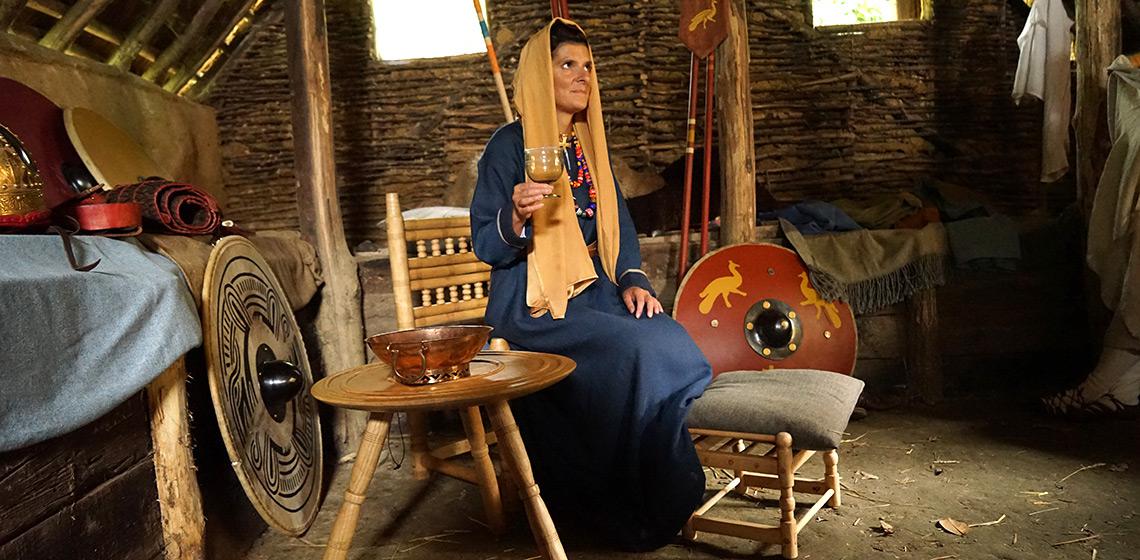
AReS (Archeologia, Reenactment e Storia) is a cultural non-profit organization, which raises the aim of highlighting the history of our country. We believe that to achieve this goal it is essential to involve the public, transmitting knowledge through direct contact as possible with the past...
The association was founded in 2009 by professional archaeologists and reenactors; it has numerous and fruitful collaborations, both nationally and internationally, with Local Authorities and Research Departments, Universities and several other subjects.
In order to achieve the scientific goals, AReS uses the historical reconstruction, experimental archaeology, historical reenactment and living history as research tools, trying to contribute to the development of a new discipline, Reconstructive Archaeology, which, with difficulty, begins to appear in Italy. The methodological tools used are grouped into two distinct areas: the study of sources, whether documentary, archaeological or iconographic materials, and playback of data collected for the construction of objects, clothes, activities, actions and contexts.
The goal is to document the individual steps necessary to realize a material product by verifying its validity through comparison with the precise historical and archaeological data. The association is interested in different historical periods about writing (from the realization of inks to the binding of manuscripts), metallurgy (manufacture of iron and other metals ), texture (creating woven with loom, dyeing, tailoring), cosmetics, and many other cultural aspects.
AReS main activities:
- Museums: preparation and management of museum spaces, traditional, virtual or interactive, to optimize the educational potential of the museum;
- Living History: faithful and accurate representation of characters and environments (in museum contexts or events), to engage the public in a full immersion in a bygone era;
- Experimental Archaeology: reconstruction and use of historical objects according to the original techniques, to better understand the context and the utility. In this activities we focus on academic method of research, extrapolating data and creating documentations.

